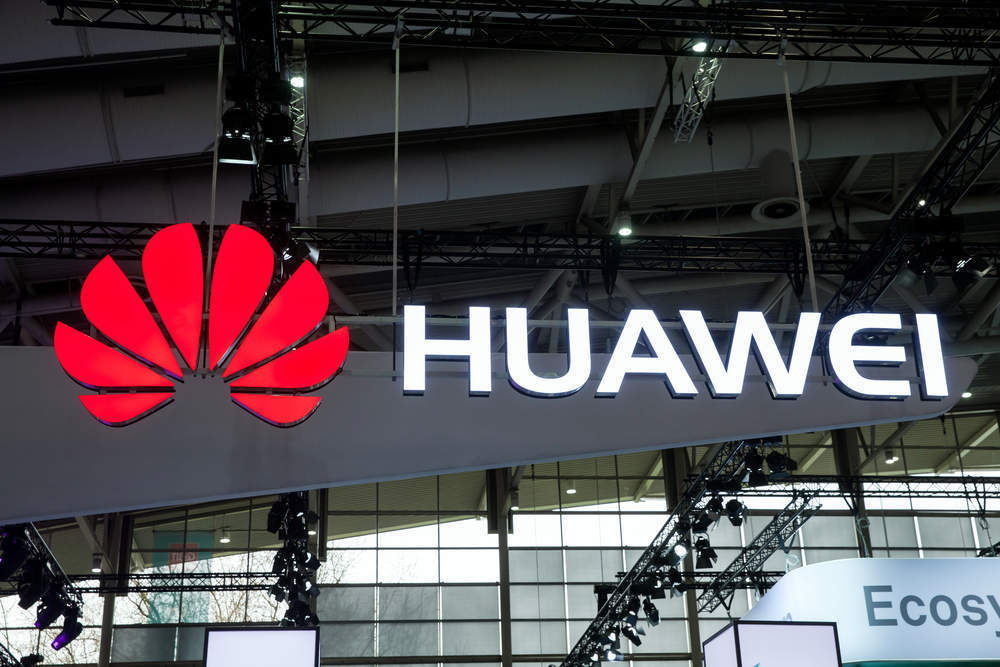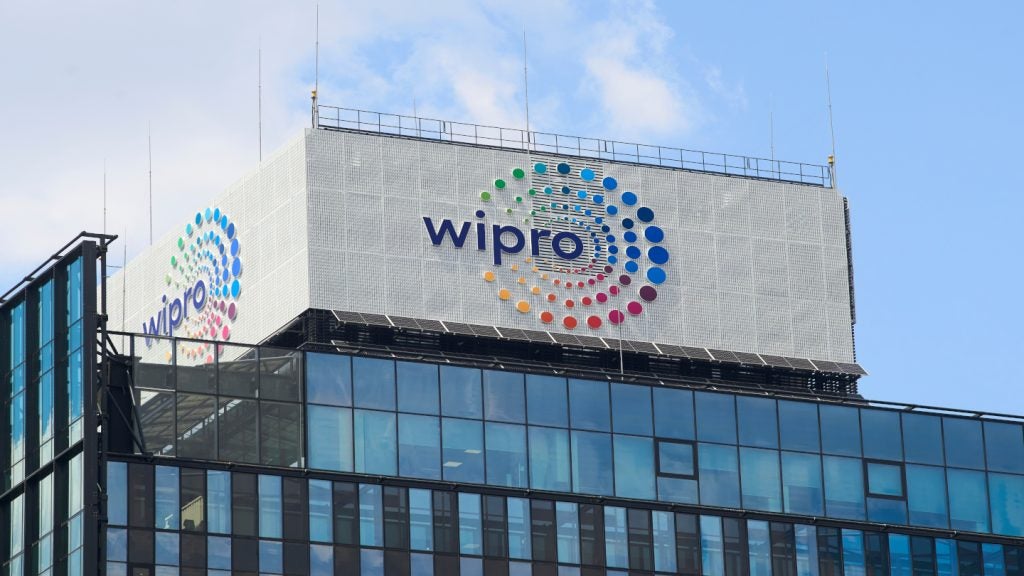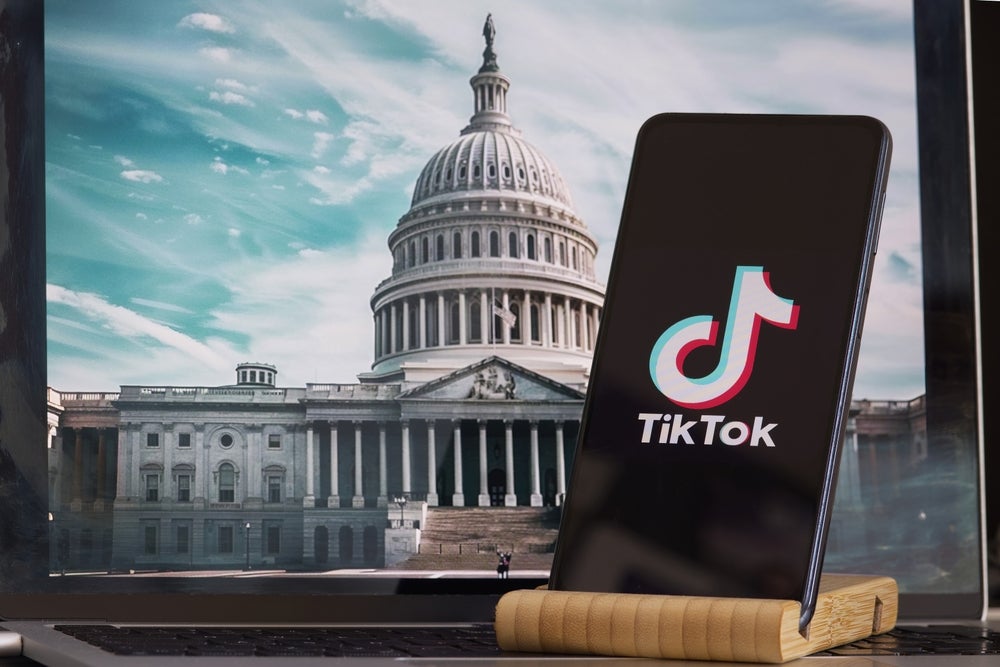Chinese telecommunications vendor Huawei Technologies has had a rough year, facing security breaches and suspicion that the Chinese government could gain access to sensitive customer data through ‘backdoor’ attacks using its equipment and software as the vehicle.
Huawei security concerns might be a thing of the past as the vendor is fighting back, doubling down with a new approach to demonstrating its security credentials.
Opportunities brought by 5G to improve Huawei security
The company’s approach relies on the fact that 5G is inherently more secure than 4G.
Also, Huawei introduced a number of areas in the 5G network architecture where operators are free to put security firewalls to monitor and control what information is passing through.
Huawei believes that committing to work closely with other network and security vendors to develop and support enhanced 5G security standards will provide a level of confidence that it is a partner that can be trusted.
The time is now
Huawei’s demonstration of its commitment to security is coming at a crucial time for Huawei for two reasons.
How well do you really know your competitors?
Access the most comprehensive Company Profiles on the market, powered by GlobalData. Save hours of research. Gain competitive edge.

Thank you!
Your download email will arrive shortly
Not ready to buy yet? Download a free sample
We are confident about the unique quality of our Company Profiles. However, we want you to make the most beneficial decision for your business, so we offer a free sample that you can download by submitting the below form
By GlobalDataFirst, many operators are making procurement decisions which will determine what the emerging 5G vendor landscape will look like.
Second, and more fundamentally, the vendor must directly respond to actions by a growing number of countries that have made it difficult for Huawei and other Chinese vendors to sell gear to operators.
It’s not just the US having Huawei security concerns
Huawei’s longstanding difficulties with the US are well documented; however, more recently, the UK and Australia have also made it much more difficult for Chinese vendors to gain traction.
The UK’s Huawei Cyber Security Evaluation Centre (HCSEC) Oversight Board issued its annual report in July, which identified “shortcomings in Huawei’s engineering processes” that have exposed new risks for UK operators.
However, most public accounts of the reports have failed to call out the HCSEC’s generally positive overall assessment that Huawei had “fulfilled its obligations” to the UK government and mobile operators such as EE, O2, and Vodafone.
Australia did not specifically single out Huawei, but it did announce a ban in August on firms “who are likely to be subject to extrajudicial directions from a foreign government” – a move clearly aimed at Huawei.
While Huawei’s strong position in its home Chinese market virtually guarantees that the company will have a significant 5G market position, the risk of a ‘domino effect’ looms in the wake of adverse treatment by the US, the UK, and Australia.
The company’s success globally may ultimately be determined by how well its current efforts do at convincing operators and regulators that its 5G security credentials are solid.








Related Company Profiles
EE Ltd